During the fall of my second year teaching in Charlotte, North Carolina, I was eager to find out more about the strengths of my teaching practice and areas where I could improve from the perspectives of my students. My fourth-graders provided feedback using Panorama's surveys, which measured their perceptions of my teaching practice and our classroom environment across a variety of areas.
Surprising results
While my students responded positively when asked about my teaching style and our class culture, their responses about student character and mindset were surprisingly low. Reading through the results, I was stunned to discover that many of my students didn't believe that working hard makes you smarter.
These surprising responses led me to reflect on the root causes of this thinking for my students. Did they understand the questions? I wondered. Was it just the time of day or that particular week?
I started to consider my own relationship to this mentality, known as growth mindset, as well as others like grit. Showing students how to do something is the first step in their learning to do it for themselves. I asked myself: was I modeling a positive growth mindset for my students so that they could develop this mentality on their own?
Responding to feedback
As I thought back to the previous few months, I realized that I had often been as hard on myself as my students were. Throughout my first two years of teaching, how many times had I told myself “I’ll never figure this out,” instead of asking myself, “what do I need to learn?” Too often, I had found myself thinking that I couldn't do something, instead of asking myself what next steps I could take to help myself grow.
I became aware that I wasn't demonstrating the kind of positive mindset and grittiness that I wanted my students to learn, and I worried that this was holding them back. To help both them and me, I resolved to teach growth mindset explicitly at various points throughout the remainder of the school year: I was to call it out when I saw it in students and to acknowledge when I didn’t see it in myself.
On the last day of school, my class handed me a composition notebook filled with notes and thoughts about the year. One student wrote the following:
“You are one of the best teachers I ever had. You have not given up when I have failed and you have shown me to try harder. You always told me not to have a fixed mindset and I learned from you not to give up.”
Learning for the future
Working with Panorama to get feedback from my students showed me that growth mindset isn’t only essential for students working to master content; it’s critical for teachers learning to perfect their practice and use feedback productively.
Giving my students a powerful voice in my classroom by having them take the survey was tremendously important for them. But it was as important for me to learn how to teach and guide them more effectively by looking at and reflecting on the results.
I recently joined the Panorama team with the hope that I could support an even greater number of educators in growing through student feedback in the same way I did. On my desk today sits this same note from one of my students; it's an inspiring reminder of how it's possible to grow together.
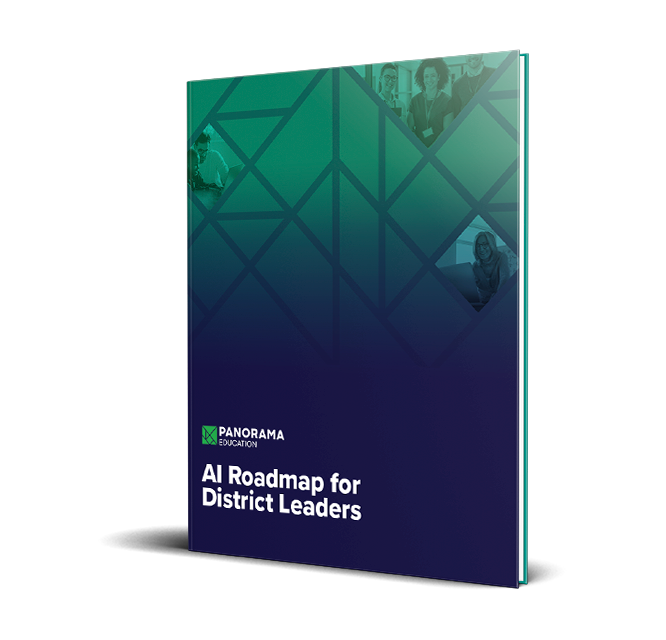

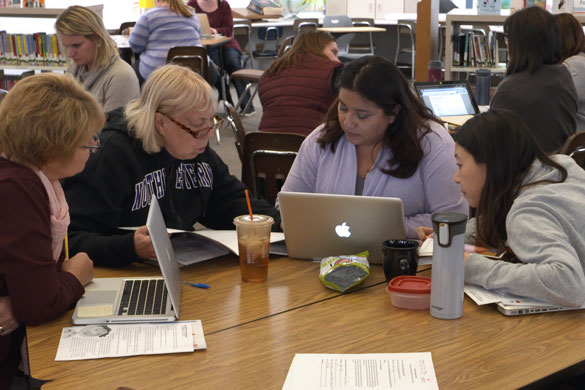
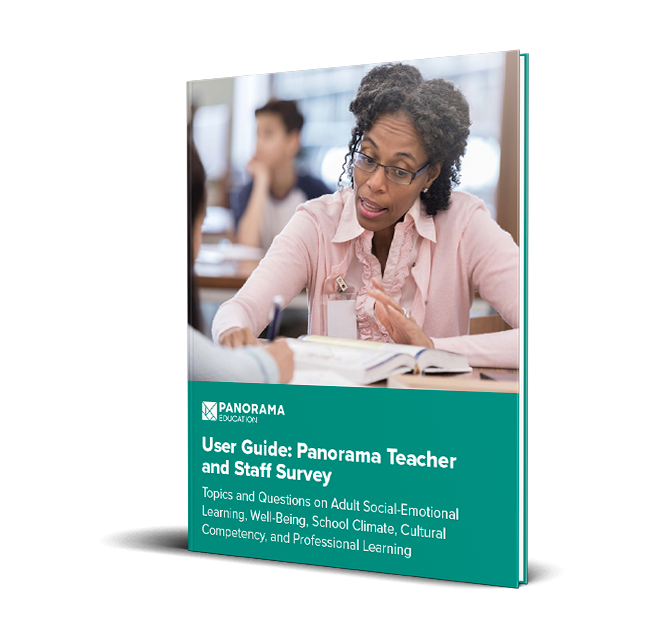
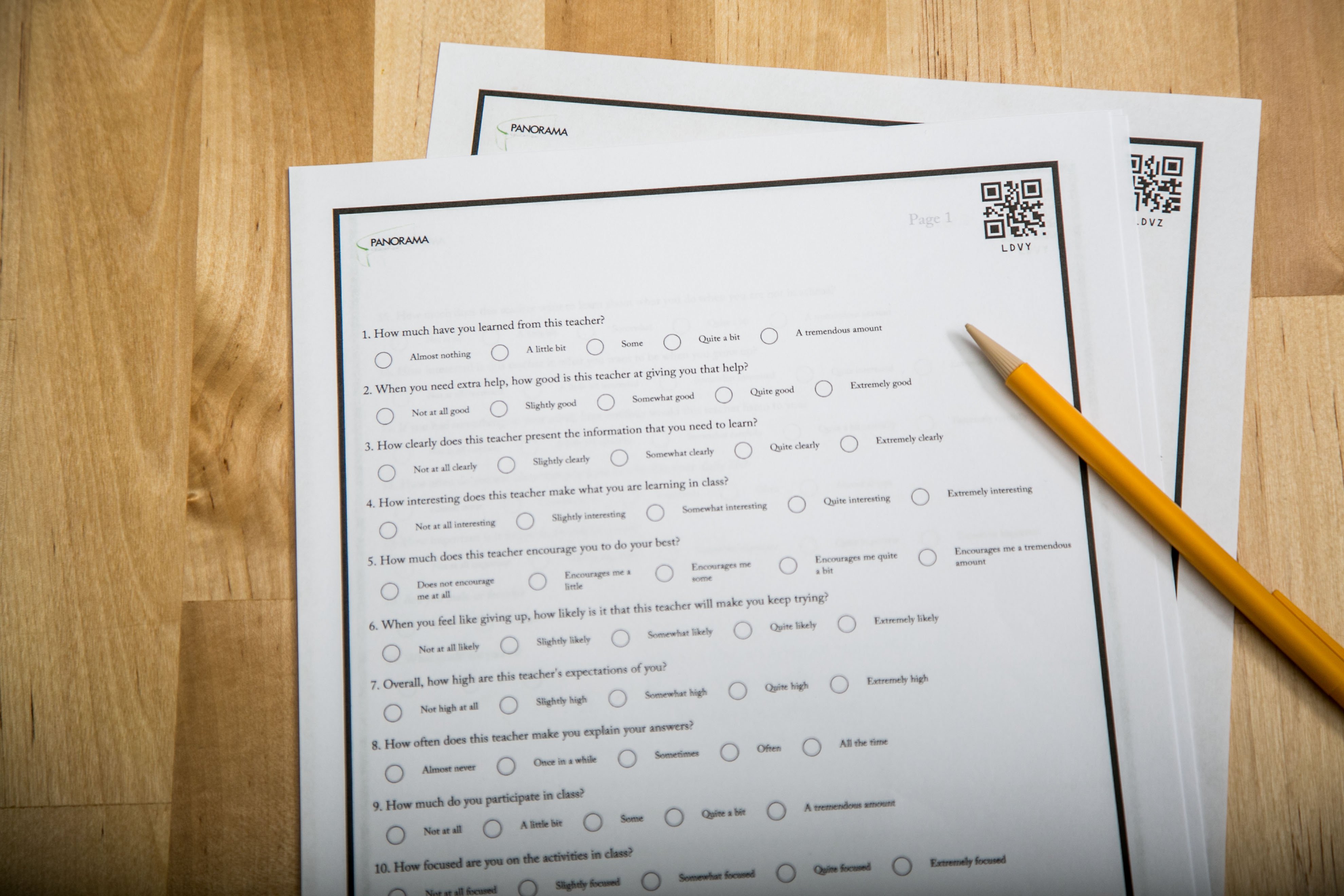
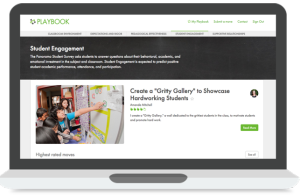
.png?width=350&height=212&name=pano-ft-rsrce%20(1).png)